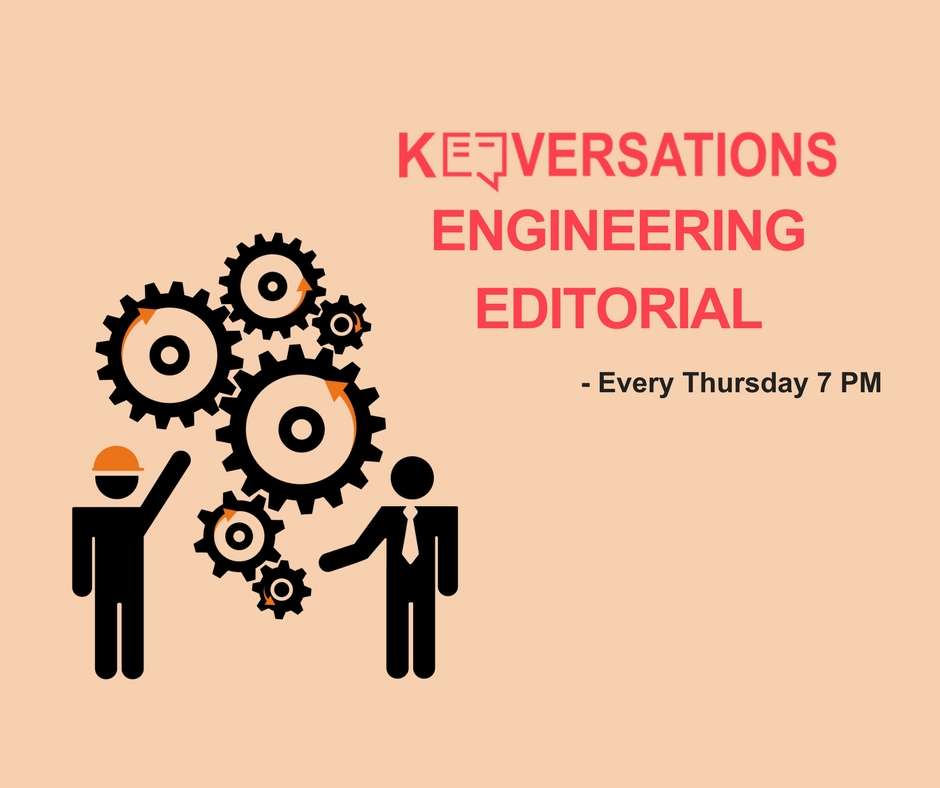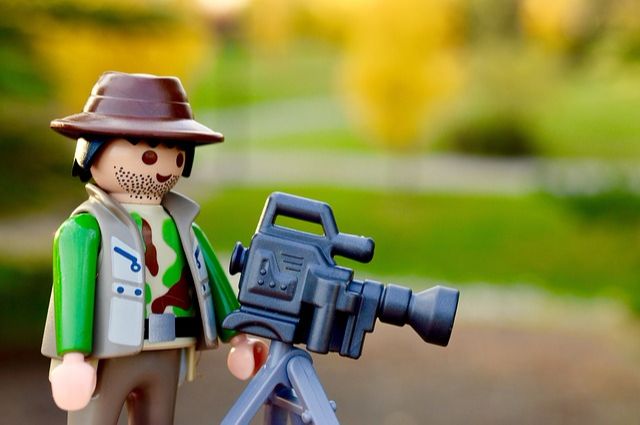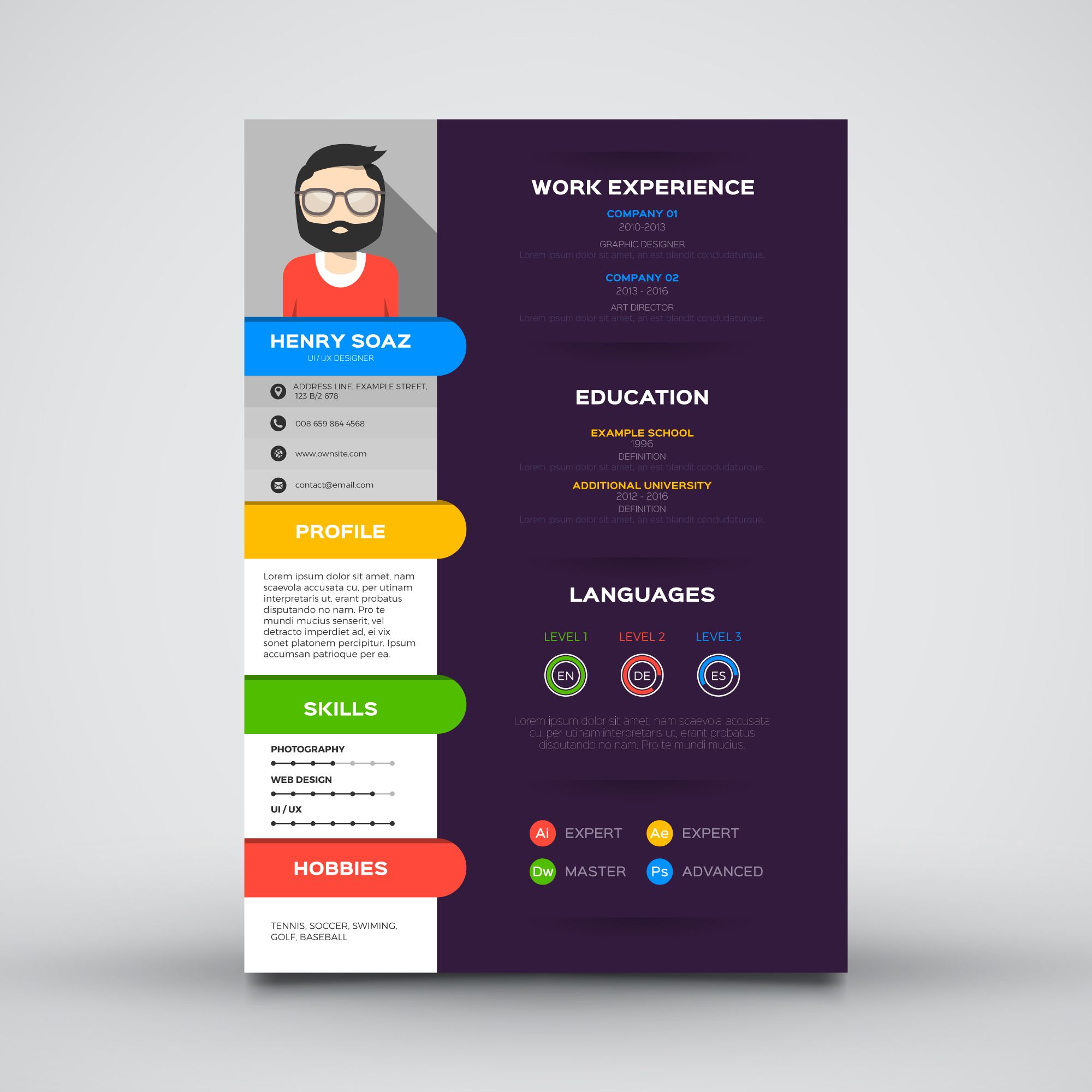Engineering Editorial #4
- Deah Gulwani
- March 29, 2018
- 0 Comments
- 0 Likes
- 1765 Views

This article is about the ability of the brain to read. It’s a brilliant piece of work as it opens with a story of a teacher who, on a random working day, was unable to read the roll call list due to a stroke. The article goes from briefing us about her condition, to various other aspects of dyslexia and how researchers are now working on studying brain activity so that they can help people who have difficulties in reading.
“The injury in this teacher’s brain disconnected all visual information from the part of her brain that identifies words. This brain region still contains the name and sound of each letter. But the shapes she sees with her eyes never make it there.”
> Article Source - https://www.sciencenewsforstudents.org/article/cool-jobs-decoding-how-your-brain-reads
> Image source - https://medium.com/personal-growth/how-to-digest-books-above-your-level-and-increase-your-intelligence-a11bd134da13
2) Manipulating Self- Experience
LSD is a drug which has an enormous effect on self-experience. While this can be highly dangerous, scientists in Switzerland are using its effects to understand the “self” in people suffering from psychological disorders like schizophrenia and depression. This article reinstates that the reasons these things are hard to understand are because we all take coherent self-experience for granted.
“If you want to investigate self-experience, you have to manipulate it, One of the substances that can do that is LSD. And that's why this experiment happened in Zurich, Preller said. Switzerland is one of the few countries where it's possible to use LSD on human beings for scientific research. (Doing so is still quite difficult, though, requiring lots of oversight.)”
> Image and article source - https://www.livescience.com/62059-schizophrenia-lsd-sense-self.html
3) Loss of Life
This article gives its readers a reality check by presenting results of the United Nations report. This report shows how our planet is losing clean water, animals and plants at a rapid rate, which has fatal consequences in terms of a lonely future for our planet. Recently, our planet’s last male white rhino in Africa died and this is just one death out of many. All these changes will have adverse effects in the long term by threatening food and water availability. A reason behind this is the growing demands of the population today.
‘Man-made climate change is getting worse, and global warming will soon hurt biodiversity as much as all the other problems combined, Watson said. “We keep making choices to borrow from the future to live well today," said Jake Rice, Canada's chief government scientist for fisheries and oceans, who co-chaired the Americas report.’
> Image and article source - https://www.usnews.com/news/news/articles/2018-03-23/un-report-loss-of-plants-animals-making-a-lonelier-planet
4) A Boost in Growth
A side effect of ageing is that due to the weakening of blood vessels, oxygen and nutrients fail to reach our muscles. An MIT-led research team experimented on mice and found a way to reverse this whole process through a compound that promotes new blood vessel growth. This is groundbreaking and can provide really helpful information for the medical field.
“We'll have to see if this plays out in people, but you may actually be able to rescue muscle mass in an ageing population by this kind of intervention," says Leonard Guarente, the Novartis Professor of Biology at MIT and one of the senior authors of the study. "There's a lot of crosstalk between muscle and bone, so losing muscle mass ultimately can lead to loss of bone, osteoporosis, and frailty, which is a major problem in ageing."
> Image and article source : https://www.sciencedaily.com/releases/2018/03/180322140926.htm
5) Light It Up!
This article revolves around a technician who went on a trek to show his children a beautiful moving light display in the sky, an aurora borealis. He often captured pictures of this phenomenon with his Nikon camera but this time something really fascinating happened. A purple ribbon of light appeared and starting glowing and as claimed by the man in the subject, who has observed these lights for 30 years, this was very unusual. This phenomenon was given the name Steve!
“For the first time, scientists had ground and satellite views of Steve. Scientists have now learned, despite its ordinary name, that Steve may be an extraordinary puzzle piece in painting a better picture of how Earth's magnetic fields function and interact with charged particles in space."
> Image and article source - https://www.sciencedaily.com/releases/2018/03/180314144930.htm
Deah Gulwani
.
-
![]()
How YouTube Paid For My Pocket Money
January 25, 2018
-
![]()
How I Pursued My Passion For Film-Making
January 26, 2018
-
![]()
15 Tips For a Great Engineering Resume
February 02, 2018



 ALL COURSES
ALL COURSES  COMMUNITY
COMMUNITY  LIVE CHATS
LIVE CHATS  EXPERTS
EXPERTS  MY CERTIFICATES
MY CERTIFICATES  ABOUT
ABOUT  SUPPORT
SUPPORT
Comments (0)
*Some Comments would not be shown if marked as Spam